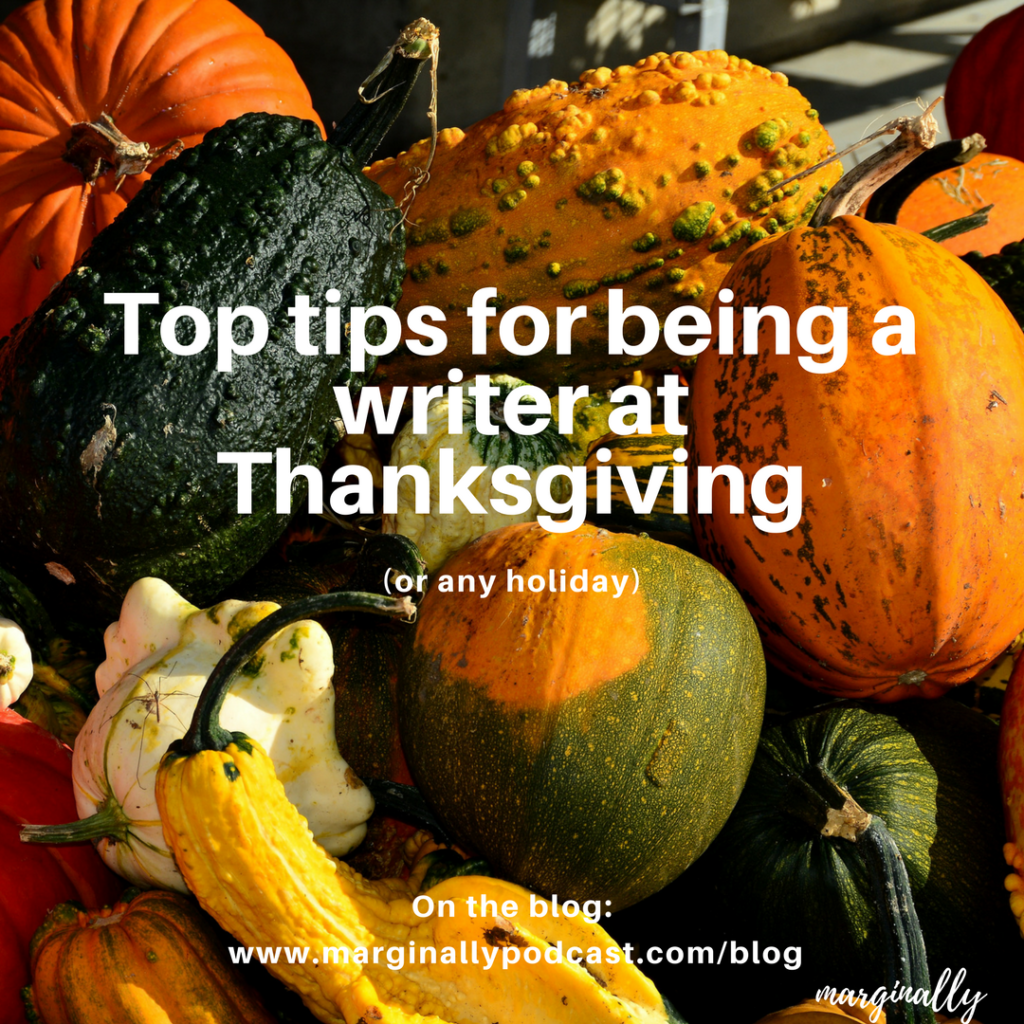Flu season is raging right now, and while (so far) my family has been safe — high five for vaccines, hand washing, and getting enough sleep — I know it could hit anyway. Even without the flu, we’ve had a pretty rough winter, including having to reschedule a flight from the airport parking lot because of my 4-year-old’s sudden stomach bug. A stomach bug I got 5 days later, on Christmas Day. I’d just gotten over a brutal cold, and then a week after Christmas, another one that lasted into mid-January.
It’s funny, because at the beginning of the season, I was looking forward to curling up inside and hitting my revisions hard. I’d hoped to be able to start researching my next book — I’m trying to decide between two different historicals, and one involves reading lots of Brontë. Perfect for miserable winter days, even if (full disclosure) I don’t usually experience much cold where I live.
This winter though? There’s been lots of cold. Snow, even. It’s 35 degrees F outside right now, though the full sun makes me feel guilty for being indoors. Exactly what I imagined back in late November. Except … I forgot to imagine being sick for a month straight.
Ok, that’s all super boring, but I’m pretty sure everyone out there can commiserate with their own stories. We all get sick — some of us because it’s winter and we have small kids or travel frequently, and some people because of chronic illness. I can’t speak to the last one, but I recommend Esme Wang and Kim of Her Pickings for some insight into living a creative life with chronic illness, and would love to check out any others you want to share.
So, what I want to talk about is how to deal with being sick when it isn’t a part of your normal routine.
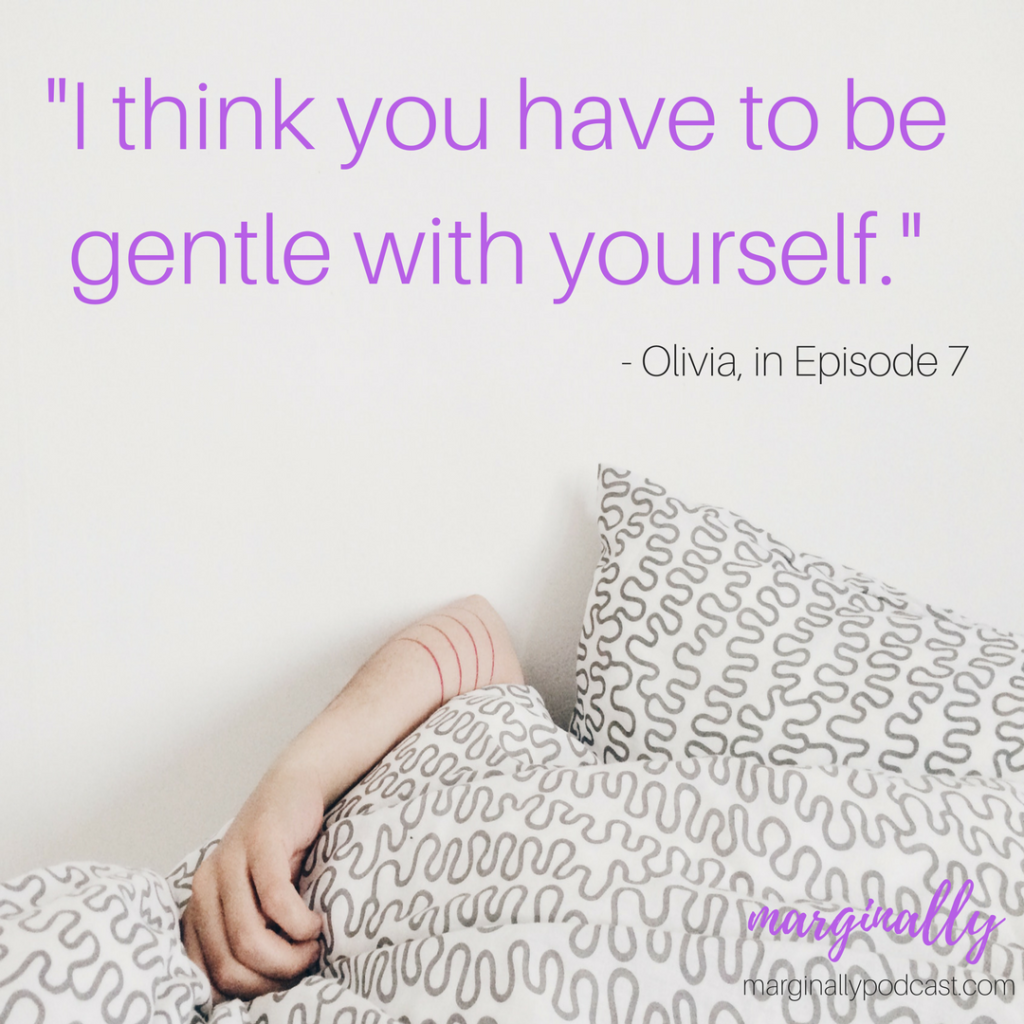
Make it a routine
I’m not saying to get sick all the time. I’m saying to think about how you could think about what your routine could look like on a sick day. What are your low-energy tasks? What absolutely must get done, no matter what? What can someone else do instead?
These questions are much easier to answer before you get sick, but they don’t have to be decided ahead of time.
We love this kind of emergency plan (we talk about applying it to holidays or vacations here); the great thing about it is how versatile it is to any disruptive situation.
Do what you can
Sometimes you can curl up in bed with a notebook and journal. Even if it’s just whining about feeling bad — this works best when you feel terrible, but aren’t sleeping 23 hours a day. If you’re lucky enough to be able to take a sick day from your day job, consider using any time you feel like doing something to work on your writing instead. Not that a sick day is the equivalent of a writing retreat, but if you’re home sick from work, it can be good to not work if you aren’t expected to.
Don’t do what you can’t
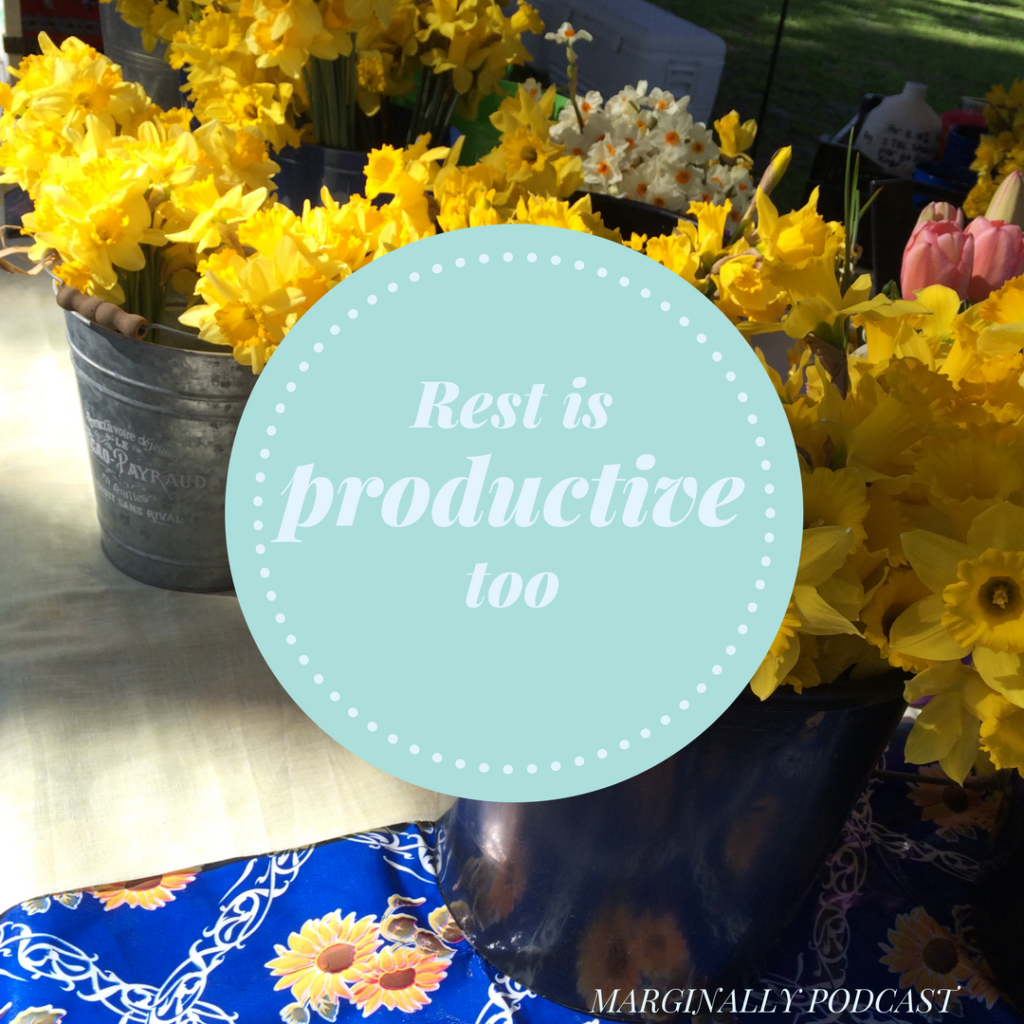
Honestly, the week I was sick, I didn’t do much. I didn’t wake up early to write, and I didn’t even try to come up to my quota. I wasn’t trying to meet a real deadline — that is, one that isn’t self-imposed — and I did have other things I needed to take care of that week, like pick children up from school and some of my day job. Freelancers know the pain of no sick days, as do those whose employers have terrible expectations of sick employees.
As we’ve said before, be gentle on yourself. Being sick is no joke. Pushing yourself too hard will only prolong your misery, and chances are you’ll have to burn everything you wrote anyway, because it will make no sense.
Have a re-entry plan
After being sick for weeks on end, the day I felt better, I felt SO MUCH BETTER. I wanted to do ALL THE THINGS, but I also had a fresh reminder of the dangers of jumping in too quickly, and didn’t want to end up sick again. So I looked at my generic re-entry plan. It’s something I use for busy work weeks, but can be adapted for any disruptive situation, and is a tip I picked up from my book coach.
You can work this out when you make your emergency plan, long before getting sick (like right after you read this!), but you can also count on spending a couple of hours after getting well figuring out what to do. It’s always disorienting switching tempos, so give yourself some transition time and an easy checklist to get back into the groove. That way, you don’t sit at your desk wondering what you should be doing, and bouncing from one task to another.
Some ideas:
Read through the last 10 pages or so of your manuscript to get it back into your head
Journal. A few pages of rambling about how distracted you are, or how sick you were, or all the things you wanted to do but didn’t can help you get all the junk out of your brain so you can focus on what matters.
Move. Take a walk, do some gentle yoga. Get outside if you can.
Change your surroundings. Take your work somewhere else (again, if you can). Even changing the desktop background on your computer or using a different notebook can help you really feel the fresh start.
Don’t worry about it
If you spend the whole first day back doing nothing, that’s ok. Maybe that’s what you needed anyway. Pick up your re-entry plan as soon as you feel restless and touchy — that’s always a sign I need to get focused. Choose one thing that you know will make you feel like you accomplished something, and do it. Then, at the end of the day, consider a have-done list instead of worrying about what’s crossed off on your to-do list. Start with a blank piece of paper and write down everything you did, whether or not it was on your to-do list. Don’t compare it to that other list — in fact, you can throw that list away.
Congratulate yourself for being alive and able to breathe through your nose and stay awake past 7pm!
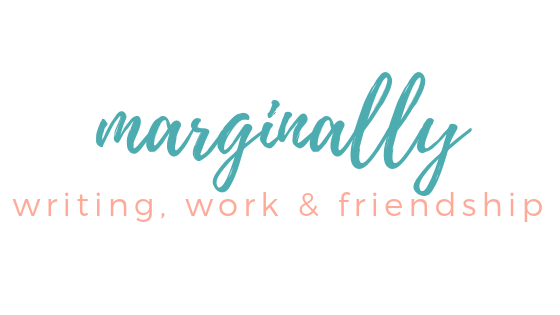
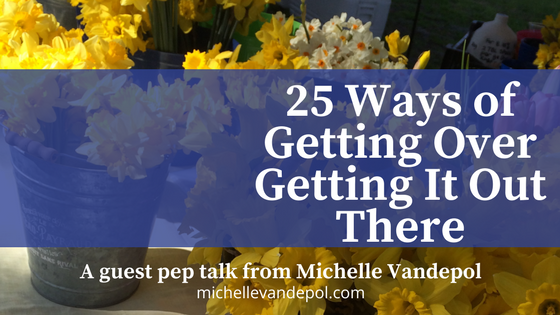



 Friday night, my family settled in to watch Wonder Woman for the zillionth time. I love that my boys love Wonder Woman and argue over who gets to be her when they play Justice League. I have wistful memories of my childhood best friend (and inspiration for my current novel) and the Wonder Woman mittens of hers I coveted fiercely. I love the anti-war message of the latest incarnation.
Friday night, my family settled in to watch Wonder Woman for the zillionth time. I love that my boys love Wonder Woman and argue over who gets to be her when they play Justice League. I have wistful memories of my childhood best friend (and inspiration for my current novel) and the Wonder Woman mittens of hers I coveted fiercely. I love the anti-war message of the latest incarnation.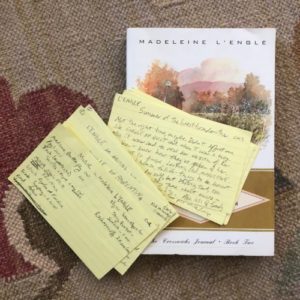 Last week, I also finished reading Summer of the Great-Grandmother by Madeleine L’Engle. Listeners know how much I love the woman I call St. Madeleine, in all her complexity — much has been written on her revisionist approach to truth and memory, and it was sad to read her version of her children and know how different it is from their version of her (Gabrielle Zevin wrote in
Last week, I also finished reading Summer of the Great-Grandmother by Madeleine L’Engle. Listeners know how much I love the woman I call St. Madeleine, in all her complexity — much has been written on her revisionist approach to truth and memory, and it was sad to read her version of her children and know how different it is from their version of her (Gabrielle Zevin wrote in 